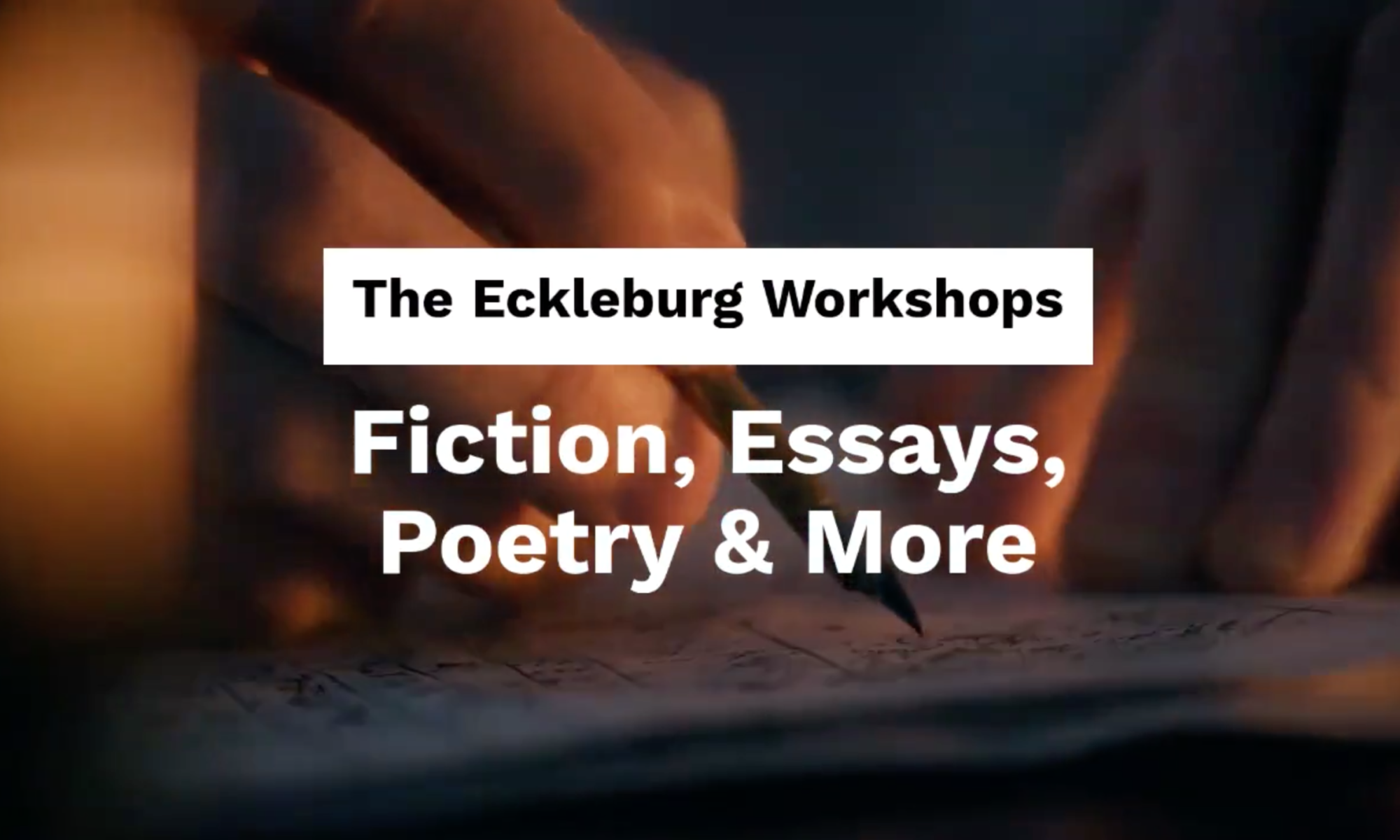A statement that although seemingly contradictory or absurd may actually be well founded or true. As we approach the conceptual limits of discourse—as commonly happens in philosophy and theology—language seems to rely increasingly on paradox. Incarnation, Immaculate Conception, Virgin Birth, and the Holy Trinity all involve some elements of paradox, as do many of St. Paul’s utterances, particularly 2 Corinthians (“For when I am weak, then I am strong”). Paradox teases the mind and tests the limits of language; it can be a potent device. (Handbook to Literature)
Submit Your Work for Individualized Feedback
Please use Universal Manuscript Guidelines when submitting: .doc or .docx, double spacing, 10-12 pt font, Times New Roman, 1 inch margins, first page header with contact information, section breaks “***” or “#.”
Sources
The Age of Insight: The Quest to Understand the Unconscious in Art, Mind, and Brain, from Vienna 1900 to the Present. Eric Kandel.
The Banalization of Nihilism: Twentieth-Century Responses to Meaninglessness. Karen L. Carr.
A Handbook to Literature
“Cogito et Histoire de la Folie.” Jacques Derrida.
Cognitive Neuropsychology Section, Laboratory of Brain and Cognition.
Eats Shoots and Leaves: The Zero Tolerance Approach to Punctuation
The Elements of Style.
Beginning Theory: An Introduction to Literary and Cultural Theory. Peter Barry.
Critical Theory: A Very Short Introduction. Stephen Eric Bronner.
Critical Theory Today: A User-Friendly Guide. Lois Tyson
The Critical Tradition: Classic Texts and Contemporary Trends. David H. Richter.
A Handbook to Literature
Literary Theories and Schools of Criticism. Purdue Online Writing Lab.
New Oxford American Dictionary
The Norton Anthology of World Literature
The Norton Introduction to Philosophy
Woe is I: The Grammarphobe’s Guide to Better English in Plain English
Writing Fiction: A Guide to Narrative Craft
Writing the Other
Critical Theory Today: A User-Friendly Guide. Lois Tyson
The Critical Tradition: Classic Texts and Contemporary Trends. David H. Richter
Literary Theories and Schools of Criticism. Purdue Online Writing Lab.
The Norton Anthology of World Literature: Literary Terms. Martin Puchner, et al.
Writing Fiction: A Guide to Narrative Craft. Janet Burroway, Elizabeth Stuckey-French & Ned Stuckey-French.



